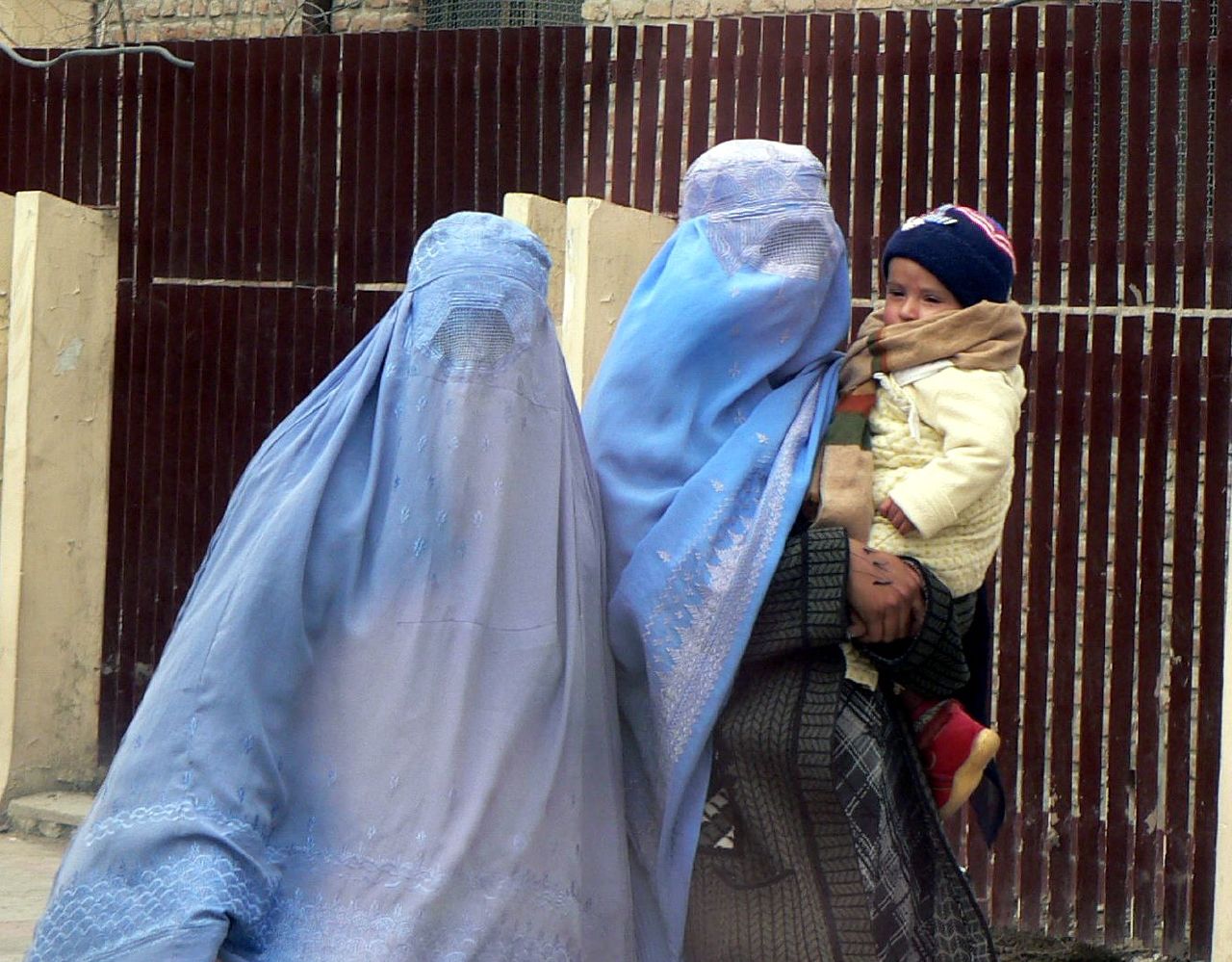- About
- Topics
- Picks
- Audio
- Story
- In-Depth
- Opinion
- News
- Donate
- Signup for our newsletterOur Editors' Best Picks.Send
Read, Debate: Engage.
| topic: | Child rights |
|---|---|
| located: | Afghanistan |
| editor: | Shadi Khan Saif |
If Afghanistan has any hope of recovering from its current state, it lies in the country’s youth that’s filled with energy and life. However, the Taliban's denial of their right to university-level education, particularly for women, is crushing that hope of recovery.
This week saw the country’s de facto Taliban rulers stage the first nationwide university entrance examinations that were skipped last year, to the disappointment of the Afghan youth. The reintroduction of the tests did rekindle some hope but equally re-endorsed the group’s ideology of gender-segregation at a new level.
Locally known as ‘Kankor’, the snap written test is the only gateway for thousands of young Afghans to enter public sector universities, which are the only hope for boys and girls to pursue higher education in the war-ravaged country.
Reports emerging from Kabul suggest that the Taliban had imposed restrictions on the selection of study subjects on the few girls managing and daring to attend the tests. Furthermore, let’s not forget that there has not been a single female high school graduate this year as the schools above grade six have remained closed to them for over a year.
The Ministry of Higher Education, however, asserted that those girls who had passed grade 11 last year would be promoted and allowed to attend ‘Kankor’ to enter universities.
The local Pashto service of the Radio Azadi reported that the Taliban government has allowed private universities to recruit only up to 30 percent of the participants of the entrance exam, 15 percent of whom must be boys and 15 percent girls, with the condition that the classes for girls and boys should be separated. With the rise to power of the Taliban, the nascent private education sector is in shambles due to the group’s intrusion in their affairs and the subsequent negative impacts on the national economy.
Just days before this test, Kabul witnessed a gruesome terrorist attack on one of the ‘Kankor’ preparation institutes frequented by female students of the ethnic Hazara community. The brazen assault saw at least 53 students, mostly girls, killed, more than 100 injured and many more traumatised.
One way out of this might be through a greater and more rigorous engagement of the Muslim countries in the international community as the West’s engagement has unfortunately become too politicised. As part of the the greater international community, Muslim countries should join forces with the West and the humanitarian agencies to forward the agenda for reforms and development.
After all, it is impossible that abandoning Afghanistan and its youth will not affect our shared world.
Image by Hiroyoshi Urushima

